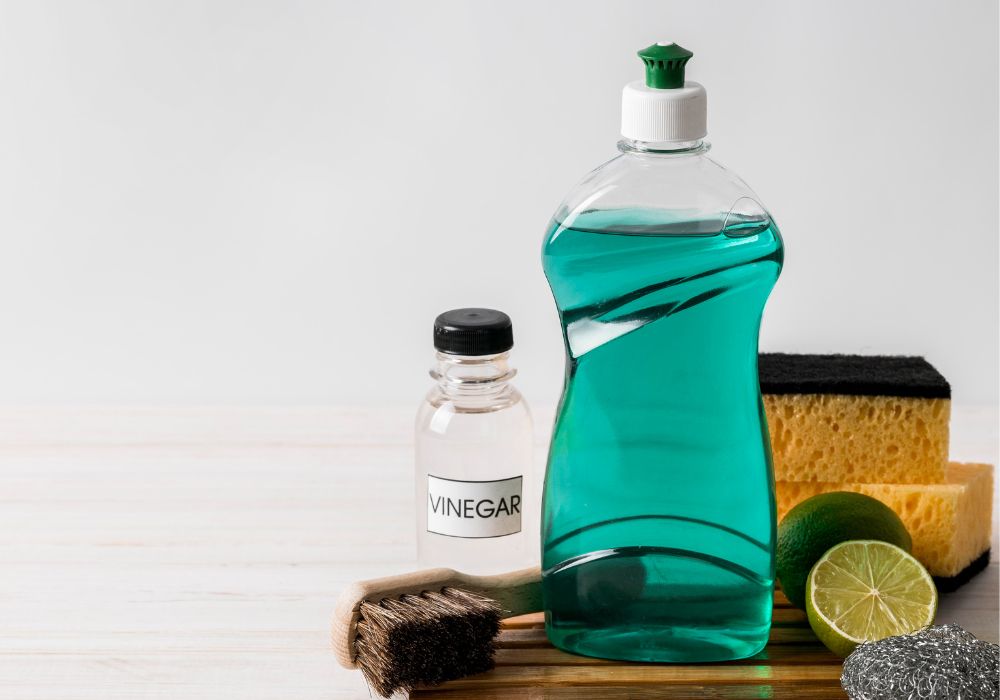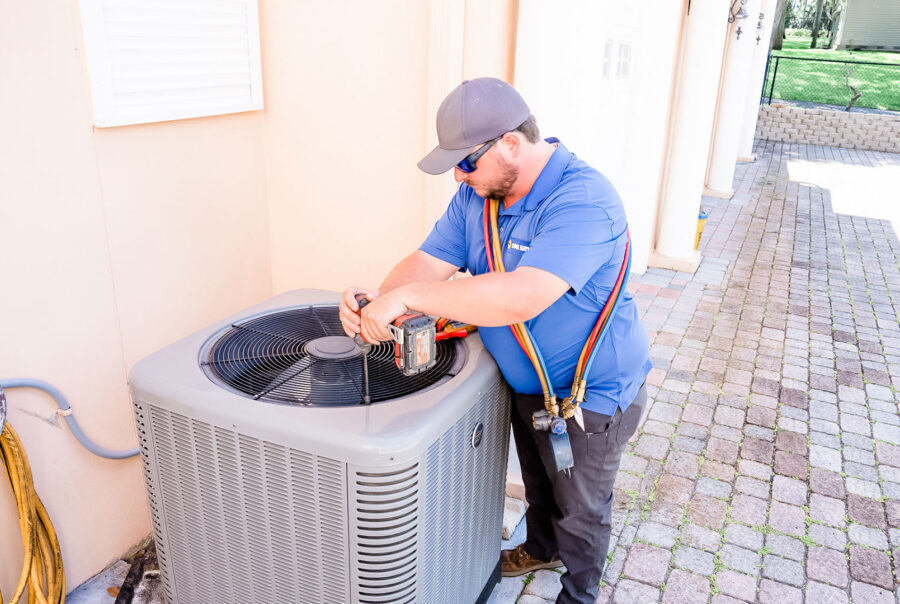How To Clean Ac With Vinegar
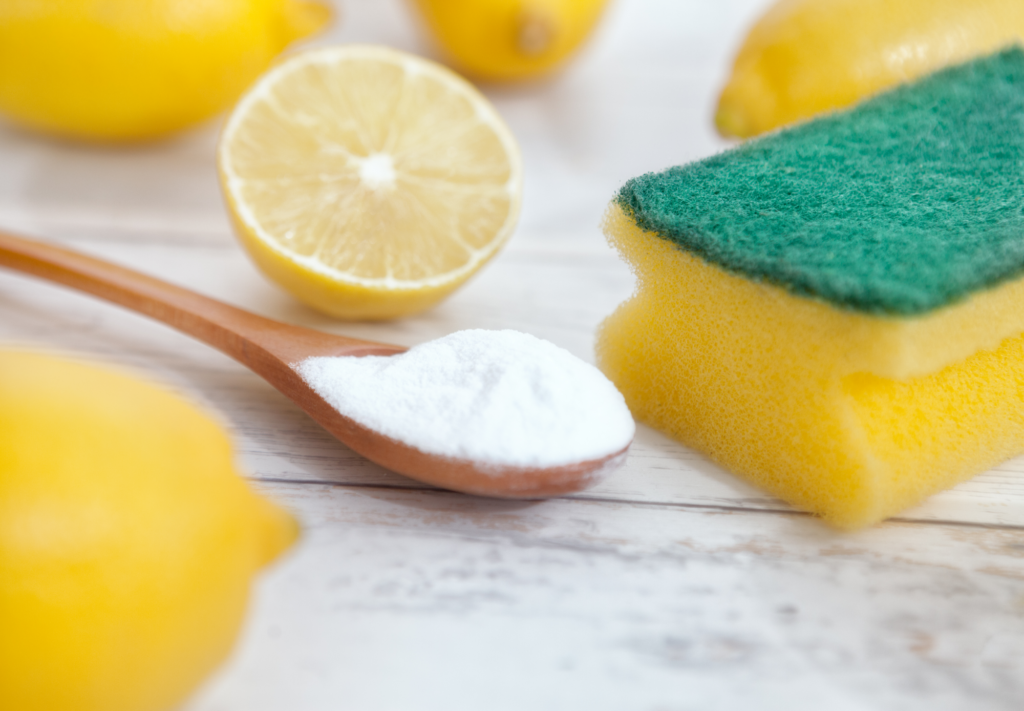
The summer heat is relentless, and a malfunctioning or inefficient air conditioner can quickly transform a comfortable home into an unbearable sweatbox. Homeowners are increasingly seeking cost-effective and environmentally friendly ways to maintain their AC units, moving away from harsh chemicals and towards readily available household solutions. One such solution gaining popularity is vinegar, a natural cleaning agent lauded for its affordability and versatility.
This article delves into the practical application of vinegar in AC maintenance, exploring its effectiveness in cleaning various components, from filters to coils. We will examine the steps involved in safely and thoroughly cleaning an AC unit with vinegar, while also considering potential risks and limitations. Expert opinions and best practices will be presented to provide a balanced perspective on this increasingly popular DIY cleaning method.
Vinegar: A Natural Cleaning Agent for Your AC
Vinegar, specifically white distilled vinegar, is a mild acid that exhibits potent cleaning properties. Its acidity helps to dissolve mineral deposits, dirt, and grime that accumulate within air conditioning systems. This makes it an attractive alternative to commercial cleaners that often contain harsh chemicals.
Cleaning AC Filters with Vinegar
AC filters are the first line of defense against dust, pollen, and other airborne particles. Over time, these filters become clogged, reducing airflow and diminishing the AC's efficiency. Regular cleaning is crucial, and vinegar can be an effective solution.
To clean your AC filter with vinegar, first, remove the filter from the unit, following the manufacturer's instructions. Prepare a solution of equal parts white distilled vinegar and water in a bucket or sink.
Submerge the filter in the solution and allow it to soak for approximately 30 minutes. This allows the vinegar to loosen the accumulated dirt and debris. Afterward, rinse the filter thoroughly with clean water.
Allow the filter to air dry completely before reinstalling it in the AC unit. Never reinstall a damp filter, as this can promote mold growth and damage the system.
Cleaning AC Coils with Vinegar
The evaporator and condenser coils are essential for heat transfer in the AC system. Dust and grime buildup on these coils can significantly reduce the AC's cooling capacity. Cleaning these coils with vinegar can help restore efficiency.
Important Safety Note: Before cleaning the coils, always turn off the power to the AC unit at the breaker. This is crucial to prevent electrical shock.
Remove the access panel to expose the coils. Use a soft brush or vacuum cleaner with a brush attachment to remove loose dust and debris from the coils.
Prepare a solution of equal parts white distilled vinegar and water in a spray bottle. Spray the solution liberally onto the coils, ensuring they are thoroughly coated.
Allow the vinegar solution to sit on the coils for about 20-30 minutes. This will help dissolve stubborn dirt and grime. After the soaking period, rinse the coils gently with clean water.
Allow the coils to air dry completely before reassembling the access panel and restoring power to the AC unit. Some individuals prefer to use a fin comb to straighten any bent fins on the coils after cleaning.
Cleaning the AC Drain Line with Vinegar
A clogged AC drain line can lead to water leaks and potential water damage. Using vinegar to flush the drain line can prevent these issues.
Locate the AC drain line, typically a PVC pipe extending from the indoor unit. Pour about a cup of white distilled vinegar directly into the drain line.
Allow the vinegar to sit in the drain line for at least 30 minutes, or preferably overnight. This will help dissolve any algae or mildew that may be clogging the line.
Flush the drain line with water to ensure it is clear. You can use a wet/dry vacuum to remove any remaining debris.
Potential Risks and Limitations
While vinegar is generally considered safe for cleaning AC units, it's essential to be aware of potential risks. Vinegar is acidic, and prolonged exposure to certain materials, such as rubber seals or some metals, could cause degradation.
Always dilute vinegar with water as recommended to minimize the risk of damage. Avoid using vinegar on sensitive components or areas specified as off-limits by the manufacturer.
Vinegar may not be effective for removing heavy buildup or mold infestations. In such cases, professional cleaning may be necessary. If the AC unit shows signs of significant mold growth, consult a qualified HVAC technician.
Expert Opinions and Best Practices
According to HVAC professionals, while vinegar can be a helpful tool for routine AC maintenance, it should not be considered a substitute for professional servicing. Regular professional inspections and cleanings are essential to ensure the AC unit's optimal performance and longevity.
The Environmental Protection Agency (EPA) recommends following manufacturer's instructions for cleaning and maintaining AC units. They also advise against using harsh chemicals that can damage the environment or pose health risks.
Always prioritize safety when working with electrical appliances. Disconnect the power to the AC unit before cleaning any internal components. If you are unsure about any step in the cleaning process, consult a qualified technician.
Conclusion: A Sustainable Approach to AC Maintenance
Cleaning your AC with vinegar offers a cost-effective and environmentally conscious approach to maintaining your cooling system. By following the proper steps and precautions, you can improve your AC's efficiency and prolong its lifespan.
While vinegar is a valuable tool, remember that it is not a substitute for professional maintenance. Regular inspections and servicing by a qualified HVAC technician are crucial for ensuring your AC unit operates safely and efficiently for years to come.
As consumers become increasingly aware of the environmental impact of their choices, natural cleaning solutions like vinegar are poised to play an even greater role in home maintenance. By embracing these sustainable practices, we can enjoy comfortable homes while minimizing our footprint on the planet.

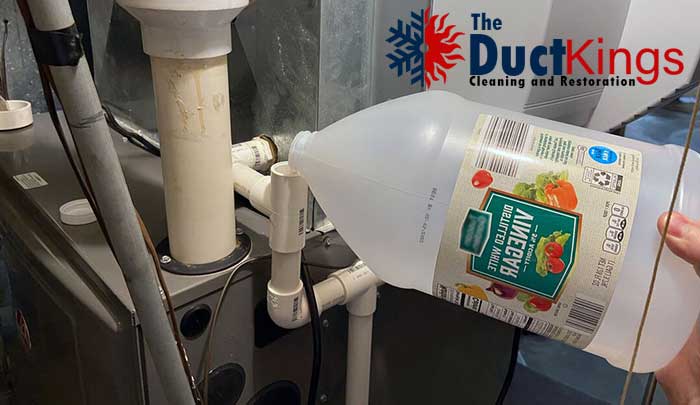
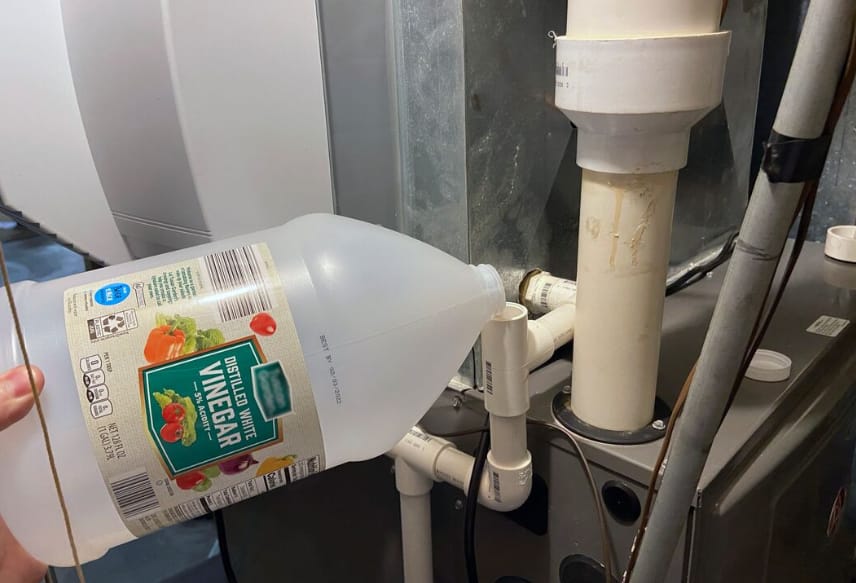

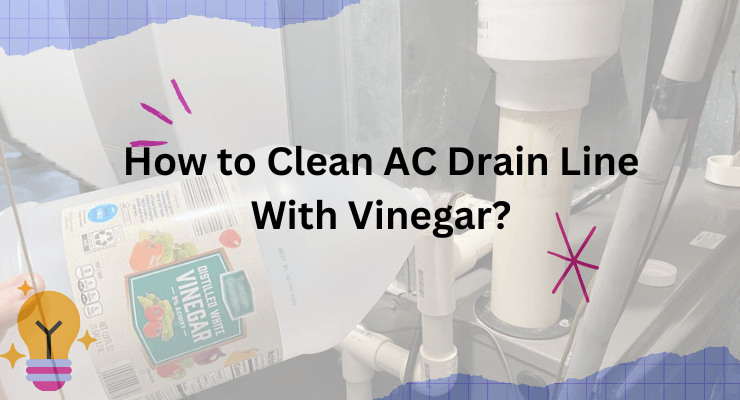



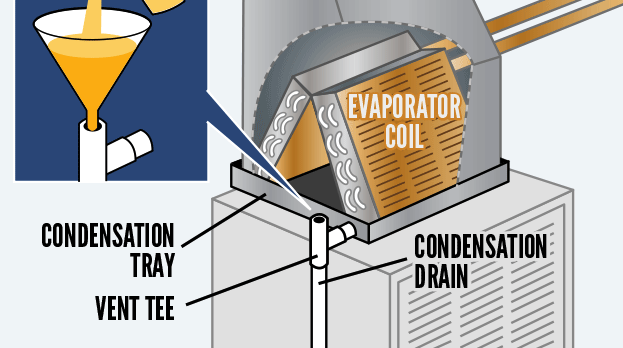
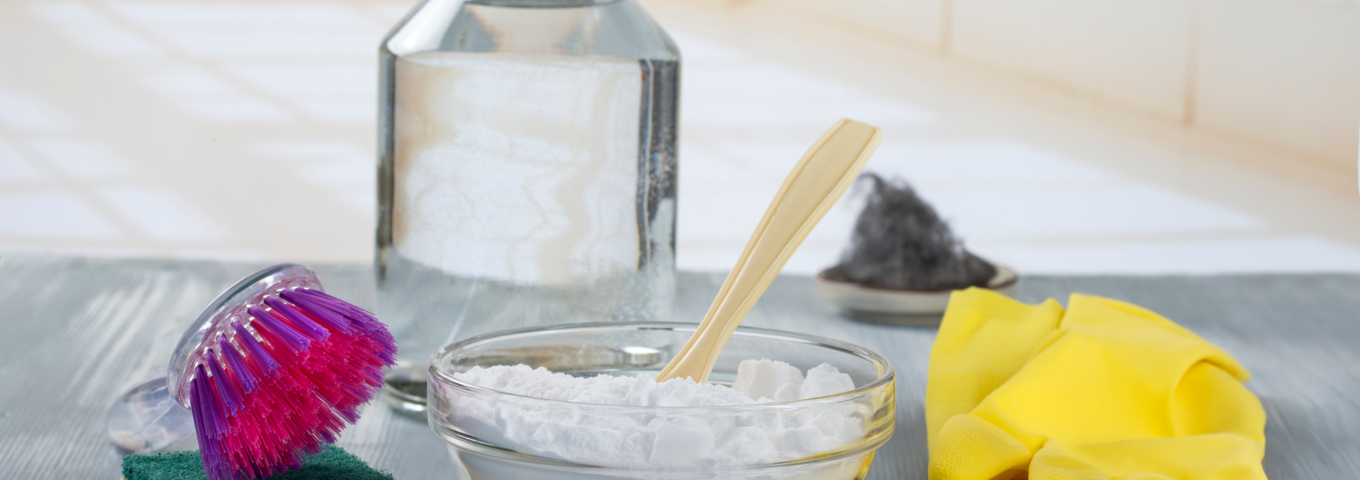
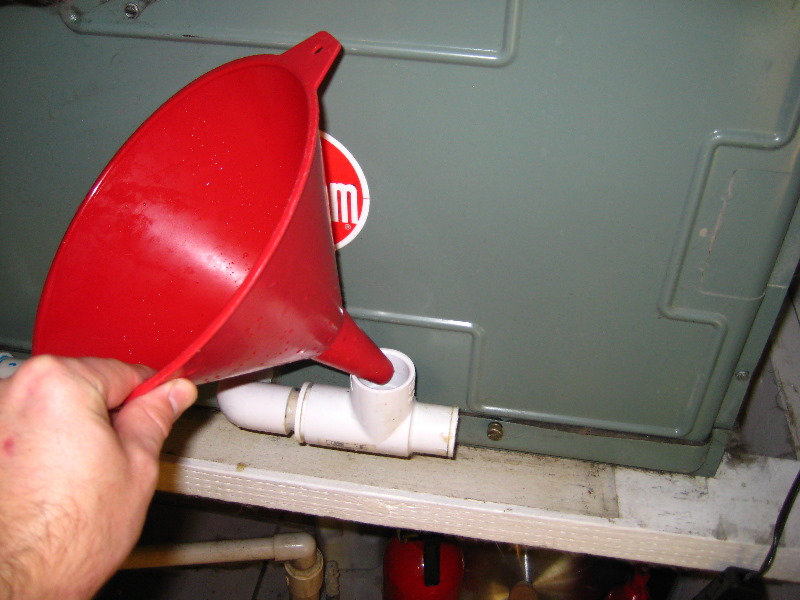



![How To Clean Ac With Vinegar How To Clean A Coleman Mach AC [Inc. Filter] - HVACseer.com](https://hvacseer.com/wp-content/uploads/2021/12/Using-natural-destilled-white-vinegar-in-spray-bottle-to-remove-stains.jpg)

